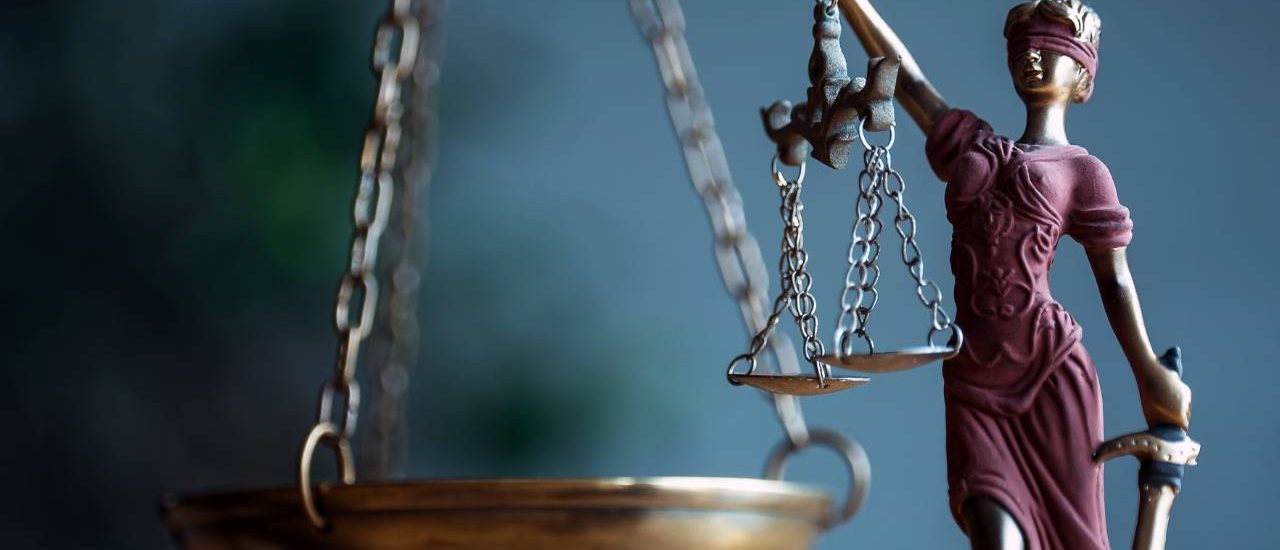Personal injury cases often settle out of court before proceeding to trial, with many attorneys working on contingency basis and receiving one-third of any monetary award as their payment.
Plaintiffs file civil complaints against those they hold responsible, such as an individual, municipality, or business known as defendants – those responsible for their injuries and damages to them as defined by state law.
Insurance Companies
When an individual is injured due to the careless or reckless actions of another party, they may file a personal injury claim in order to seek financial damages including medical expenses, lost wages and noneconomic ones such as pain and suffering.
Insurance companies typically employ an impressive team of lawyers and experts to defend themselves from accident victim lawsuits, so when dealing with victims without legal representation an insurer can easily pressure them into accepting an inadequate settlement amount that falls far short of what their true losses entail.
Hach & Rose, LLP enjoys an excellent standing with insurance companies and they recognize that we will not accept a lowball settlement offer. If necessary, we are ready to pursue your case all the way to trial; that is usually enough to convince them to offer an amount that covers your losses adequately. Sometimes simply filing suit can prompt them to increase their settlement offer significantly.
Defendants
Personal injury cases begin when you, the plaintiff, file a civil complaint (the Complaint) against those or companies responsible for injuring you; known as defendants. This could include individuals or corporations. Sometimes an insurance provider can also be named as defendant; this would only happen if their coverage limit allows.
Once defendants receive notice of your lawsuit, they have an obligation to respond within a set amount of time, usually by accepting or denying its allegations. You can include in your damages claim an award for punitive damages which do not compensate but rather punish outrageous behavior on their part.
At trial, your lawyer presents your case to a judge or jury who will decide if and how much a defendant must pay in damages and losses to compensate you for your losses and injuries.
Plaintiffs
If an injury causes significant medical bills and loss of future earnings, filing a personal injury suit against those responsible may be your best course of action. Personal injury lawsuits typically request compensation called damages as part of a settlement offer.
Your lawyer works on a contingency basis, so no payments are due unless and until your claim has been successfully concluded. There may also be costs associated with personal injury litigation such as filing fees and staff hours costs that need to be covered by you.
Civil complaints begin by filing a Complaint in the court where either an incident took place or where the defendant lives. Your Complaint should clearly state your injury, requests for compensation and set an expiration date (typically 30 days). A trial may also be requested if there are questions over liability or the extent of injuries.
Damages
Personal injury cases often award damages as compensation for injuries and losses sustained, such as medical expenses, lost wages, property damage and other expenses. Less tangible forms of damages such as pain and suffering, decreased enjoyment of life and emotional distress may also be awarded funds as damages.
Beginning a lawsuit requires filing a complaint that outlines your claims against a defendant and damages sought, then waiting a set period for them to respond to it.
In some instances, defendants fail to respond at all, giving you an instant win by default. While this situation is unusual, if it does arise you can request that the court issue a judgment based on your evidence; however this does not guarantee payments from them; many plaintiffs opt to settle directly with their insurance companies instead, usually assisted by experienced lawyers.



